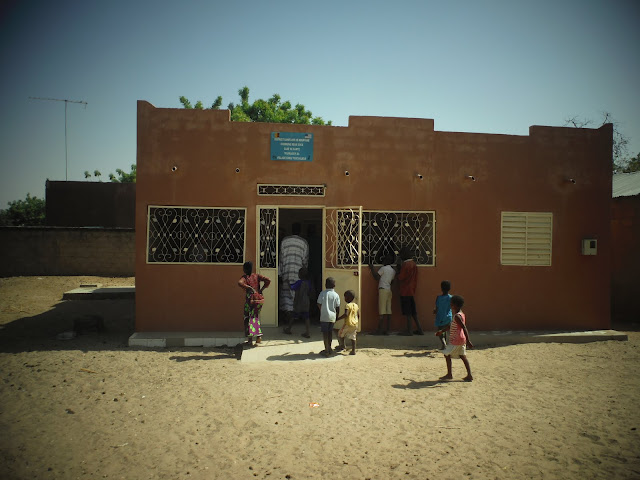We have been blessed to travel a lot in our lives. We have also made it a priority, meaning that we value travel over many other things. The operative word is "things". We try not to accumulate too many things or possessions - we instead focus on the experience of travel and accumulating memories.
There are a few places we've been to many times over the years. Chile is one of them. We've probably been there thirty times since our first trip in 1985. Another place is Senegal in West Africa. We have taken on average two trips a year for 23 years.
This gives a vantage point that can track changes over a long period of time. If you visit a place repeatedly over years and years, you can see the difference taking place.
In reference to Senegal, where I am writing this blog post, the changes have been enormous. It's like watching time pass, with barely perceptible developments
Let's start with Roads:
It's impossible to overstate the importance of proper roads. With decent roads you have transportation of people and goods. It makes the economy better, and allows movement of products and services. Things expand with better roads.
Senegal has made a commitment to invest in better highways and it has paid off. The transformation is almost hard to believe. There are four lane super highways across the desert landscape. A trip that used to take all day can be made in just a few hours.
This means farmers can get produce and livestock to distant markets. You have access to more places, jobs, opportunities, education, and medicine. You can move around much more easily than ever before. Good roads make everything a whole lot more efficient.
As a small example, you can get spare parts for all the machinery that breaks down frequently, and keep the economy running. Another example of that same concept is that vehicles don't break down as much because of poor roads. When you say "help is on the way" it means something now.
If you want to get your economy going and raise the prospects for your people, build better roads.
Another big change - phone service - meaning cell phones.
In the past, you had to wait years (or forever) for a land line wire to be strung to your house in a remote area. Now they have put cell towers all over the country and there is very good coverage in most places.
They bypassed the entire telephone circuitry system and everything is done wireless these days. It is not unusual now to see a guy crossing the bush on a donkey cart, talking on his cell phone.
It can often be rather hilarious. We were walking through the outback with an old guy in traditional attire, loose clothing, and we heard a sound. It was his cell phone ringing, and he reached into the fold of his clothes, pulled out his phone and had a conversation, out in the middle of nowhere.
And they have internet too, which goes hand in hand with the wireless networks. And because many of the companies here are European or African, the prices are lower and the services are better. (that's a not too subtle dig at the American carriers, who keep raising their prices and cutting their service)
So it's safe to say that in comparison, they have better cell service in Senegal that in the United States. This has transformed society in many ways, and people can get in touch with others easily - and keep in touch. They can send money easily on their cell phones, another area that is more advanced and widespread than the US.
And if you've never had access to the internet and now you well, the possibilities are endless. That can be both good and bad, but in this case, it's really good.
There are many other ways that change has come to these developing countries, and we can take a look at more in the future.













